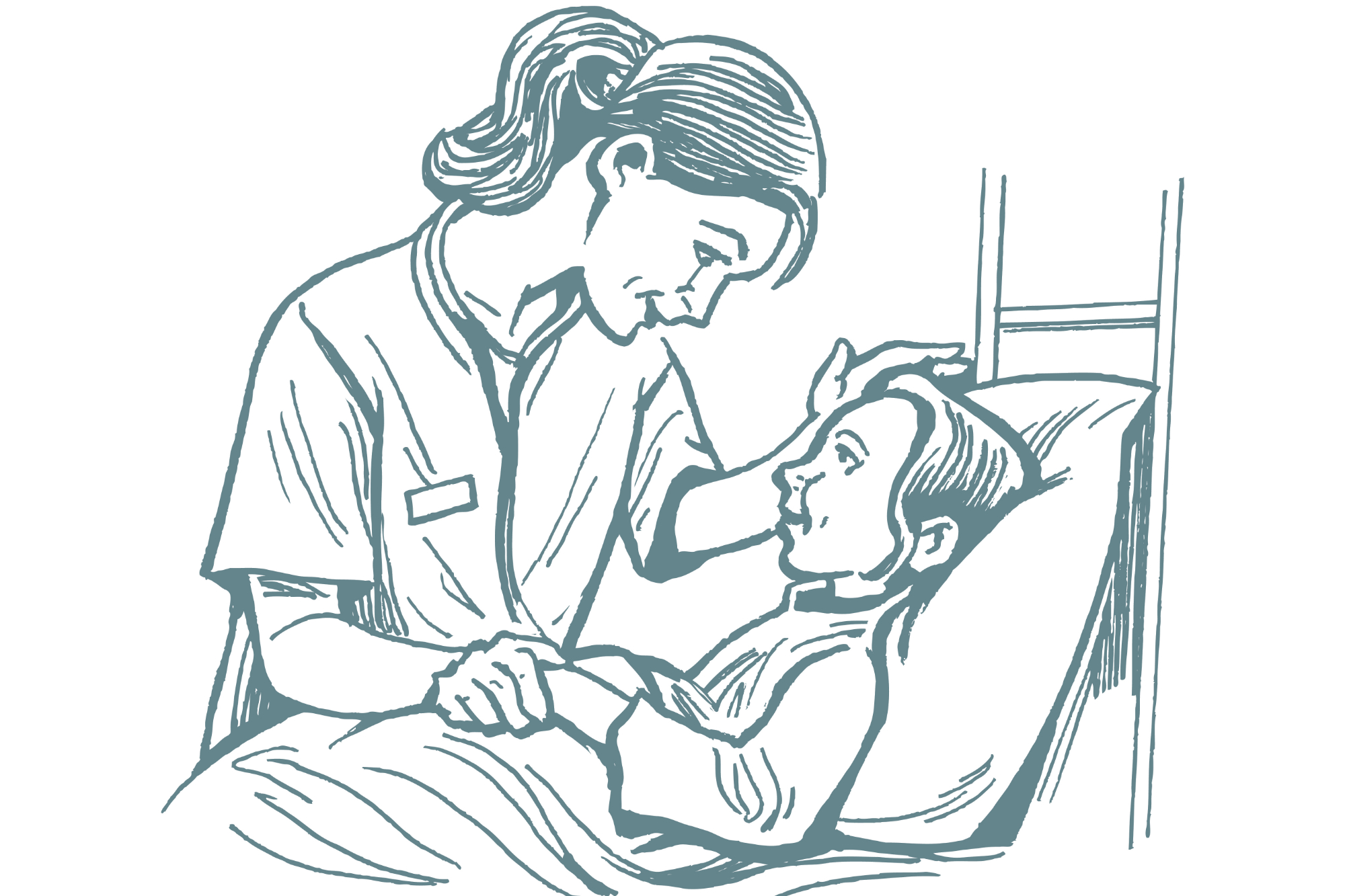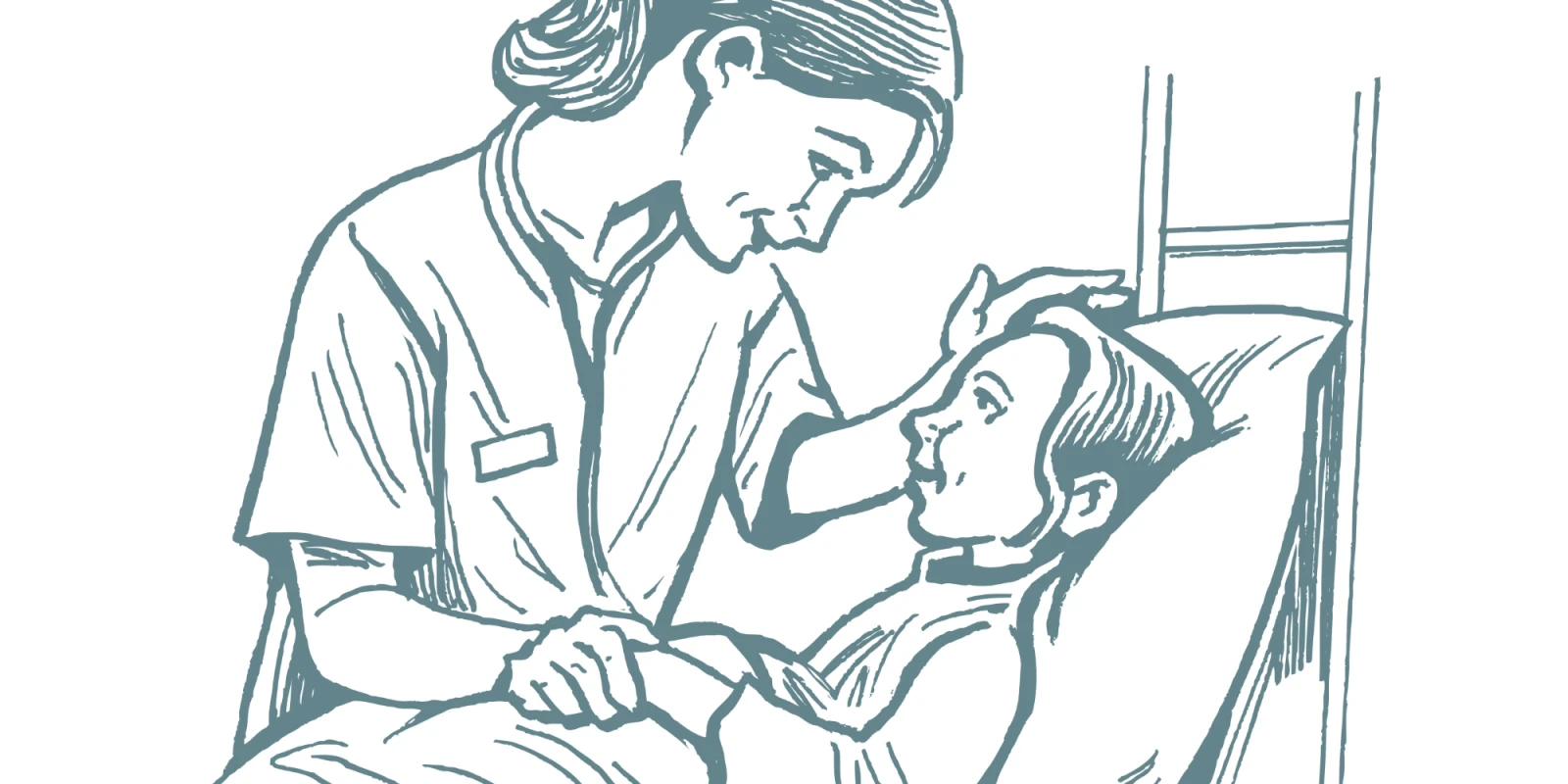
My third year of medical school has come to an end. As I sit in my room, reflecting on the past year, I’ve taken some time to contemplate the highs and lows and everything in-between. I was privileged to meet so many individuals who impacted my education for the better – from interns to nurses, hospital staff to physicians. I was also privileged to meet patients from all walks of life – they, too, have been my teachers. I am grateful to everyone I met, everyone who taught me, everyone who guided me.
I know the learning doesn’t stop here – there is so much more to learn, but for now, here are some of my major takeaways from what was perhaps my favorite rotation – pediatrics.
Pediatrics is not just about working with children – it’s about working with families, with parents and guardians. At well-child visits, I witnessed first-hand that many parents come to the appointments with fears and worries. They’re understandably concerned about their child’s development, how they’re doing in school, eating habits and social media. They come with many questions, too. My preceptors told me that we should reaffirm the parents and guardians as much as we can. We need to encourage, validate, and give words of reassurance that they as parents are doing well, and that their children are, too. For example, a parent came in with her 7-year-old child, saying he didn’t seem to like eating vegetables; she was having a difficult time trying to get her child to eat broccoli and green beans, and was trying to introduce vegetables to his meals any chance she could. My preceptor reaffirmed the parent’s desire to have her son eat healthily, validated the parent’s steps towards introducing vegetables to his diet, and gave counsel on other ways to encourage healthy eating. My takeaway from encounters like these was to reaffirm parents where we can, because not only is it a way to establish rapport, but it's also a way to let the family know that the pediatrician is there to support them in all aspects of life.
Another major takeaway was to adapt your communication in ways that parents and children can understand. Perhaps that means substituting the term “auscultate” with the more readily-understandable word “listening.” Speak not only with the parents, but engage the kids as well, whatever age they are. If you have a 5-year-old patient, discuss the importance of physical activity in a way they can understand; speaking with toddlers is different than speaking with teens. Further, spend time with adolescents alone, one-on-one, to hear their voices and opinions without the parent in the room, for more open communication. Sometimes teens will divulge something about their health that they would not have otherwise if a parent was in the room; however, emphasize that open communication with parents is key as well, and to encourage the parents to have open conversations with their kids about health. Another important aspect about pediatric communication is health education — the early years of a child’s life are formative, and it’s up to us to try to help them grow up in healthy ways, including educating families about diseases and preventive medicine. Some topics we discussed and sought to educate families about included vaccines, nutrition, safety, and schooling. Lastly, I’ve learned to adapt my communication in pediatrics by literally getting down to the kids’ level – I get down on my knees if I have to so that I’m face to face with kids; that way they aren’t as intimidated, and they may be more conducive to letting you complete their physical exam.
And lastly, remember to have fun! Someone told me this on the first day of my pediatric inpatient rotation, and it stayed with me. Kids are often wonderful to be around – they can make you laugh and say the funniest things. One time, a toddler came to the ER with a sticker up her nose – which I learned is not quite an uncommon phenomenon! After the sticker was removed, she asked politely, “May I please have a sticker?”
Some wonderful memories I had of my pediatrics rotation included seeing a 3-year-old girl kiss the forehead of her newborn baby sister, witnessing a mom hug her tearful teenage daughter, watching an 8-year-old boy’s eyes light up as he talked about playing basketball on a team. Receiving a drawing from a middle schooler who wants to be an artist one day. These are the things I’ll hold onto long after medical school is over. It amazes me that we, though mere students, can still make however small an impact on a child, and vice versa. We could be that person to tell them keep on going, to chase their dreams, and remember there is wonder wherever they go.
Anna Delamerced is a medical student at the Warren Alpert Medical School of Brown University. Born and raised in Cincinnati, Ohio, she enjoys exploring the crossroads of writing and medicine, and listening to patients tell their stories. Anna is a Doximity 2019-2020 Fellow.







